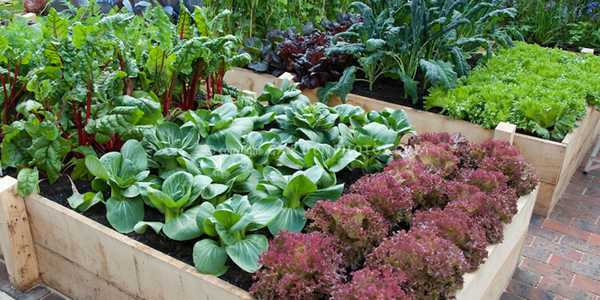7 Smart Tech For Sustainable Living Gadgets You Need
As the global conversation around sustainability intensifies, the role of technology in promoting a more eco-friendly lifestyle becomes increasingly important. In 2024, technology has advanced in ways that not only make life more convenient but also reduce our environmental footprint. From energy-efficient appliances to gadgets that help reduce waste, smart tech offers a practical solution to sustainable living. The following are some of the most impactful smart devices that can help you live a greener, more sustainable life, all while contributing to the broader goal of preserving the planet.
Energy-Efficient Smart Thermostats
One of the simplest yet most effective ways to reduce energy consumption in your home is by upgrading to a smart thermostat. These devices have become incredibly popular for their ability to optimize energy usage by learning your schedule and adjusting the temperature accordingly. By using sensors and algorithms, a smart thermostat ensures that your home is always at the right temperature when you're there and saves energy when you're not.
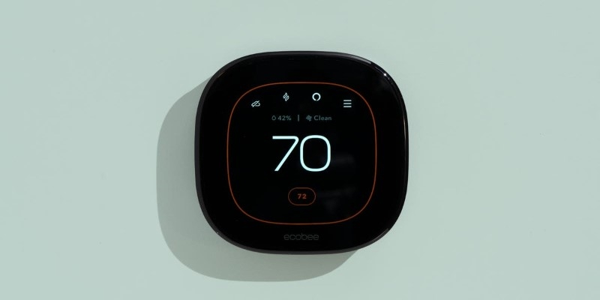
In 2024, the latest models are more intuitive than ever. They can be controlled remotely via smartphone apps, which means you can adjust your home's climate settings while you’re on the go. Additionally, many smart thermostats are now integrated with home automation systems, enabling them to work in tandem with other smart devices like lights and security systems. This integration further reduces energy waste by ensuring that heating or cooling only happens when needed. With the potential to cut energy costs by up to 20%, a smart thermostat is an investment that pays off both financially and environmentally.
Solar-Powered Gadgets
Solar technology has come a long way in recent years, and today, solar-powered gadgets are more efficient and accessible than ever. From solar-powered outdoor lights to portable solar chargers, these devices allow you to harness the power of the sun to reduce your reliance on traditional energy sources. Solar-powered gadgets are an easy way to make small but impactful changes to your energy consumption.
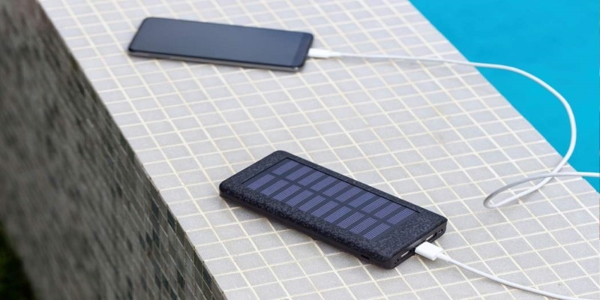
Solar-powered outdoor lights, for instance, are an ideal solution for garden or driveway lighting. They charge during the day and automatically turn on when the sun sets, all without the need for any electricity. Similarly, portable solar chargers can charge your phone or other small devices when you’re on the go, which is especially useful during travel or outdoor activities. In addition to being energy-efficient, these gadgets help to reduce your carbon footprint by utilizing clean, renewable energy instead of fossil fuels.
Smart Appliances For The Kitchen
The kitchen is one of the largest energy consumers in a home, but with the rise of smart appliances, it’s easier to make this space more energy-efficient. Smart refrigerators, ovens, dishwashers, and even coffee makers are now designed to reduce energy consumption and waste. These appliances use advanced sensors and connectivity to optimize performance and minimize energy usage.
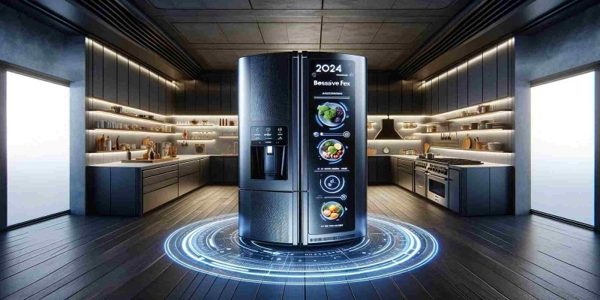
For example, smart refrigerators can monitor the temperature and humidity levels to ensure food stays fresh longer, reducing food waste. They can also alert you when you’re running low on essentials or when items are nearing their expiration dates, helping you reduce both waste and unnecessary trips to the store. Similarly, smart dishwashers use sensors to adjust water and energy usage based on the load, ensuring that each wash cycle uses the least amount of resources needed. By upgrading to smart kitchen appliances, you can significantly lower your household's energy consumption and contribute to a more sustainable way of living.
Water-Saving Smart Devices
Water conservation is another crucial aspect of sustainable living, and thankfully, smart technology has made it easier to reduce water waste. Smart irrigation systems and water-saving showerheads are two examples of devices that help conserve water while maintaining functionality. These gadgets make it possible to monitor and control water usage more effectively, leading to a decrease in overall consumption.
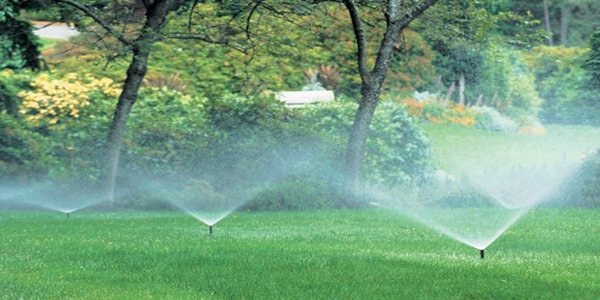
Smart irrigation systems are designed to water your garden based on real-time weather data. Instead of running on a set schedule, these systems adjust the watering schedule depending on factors such as rainfall and soil moisture levels. This ensures that your plants get the right amount of water without wasting it. Similarly, smart showerheads regulate water flow and temperature, allowing you to take a satisfying shower while using significantly less water. These devices help conserve one of our most precious resources without compromising comfort.
Smart Waste Management Tools
Waste reduction is another vital component of sustainable living, and several smart gadgets can help manage waste more efficiently. From composting tools to waste sorting bins, these devices make it easier to reduce, reuse, and recycle effectively. With the rise of smart waste management technology, households can now take a more proactive approach to waste reduction.
Smart composters are a great example of how technology can simplify the composting process. These devices can break down organic waste quickly and efficiently, turning food scraps into nutrient-rich compost in a matter of weeks. Some models even have built-in sensors that monitor the composting conditions, adjusting heat and humidity levels to ensure optimal breakdown. This technology helps to divert food waste from landfills and create valuable resources for your garden.
For recycling, smart waste bins are equipped with sensors that can detect and sort recyclables from general waste. By automatically categorizing waste, these bins ensure that materials like plastic, glass, and paper are properly separated, making the recycling process much easier. Smart bins also alert you when they’re full, ensuring that they’re emptied promptly to prevent overflow and contamination. These devices simplify the process of managing waste and promote a cleaner, greener environment.
Smart Home Energy Management Systems
A smart home energy management system (HEMS) allows you to monitor and optimize the energy usage of all your connected devices. These systems give you insights into how much energy each device consumes, enabling you to identify areas where you can reduce consumption. By integrating all your smart gadgets into one platform, you can easily control everything from lighting to climate to appliances, all to reduce energy use.
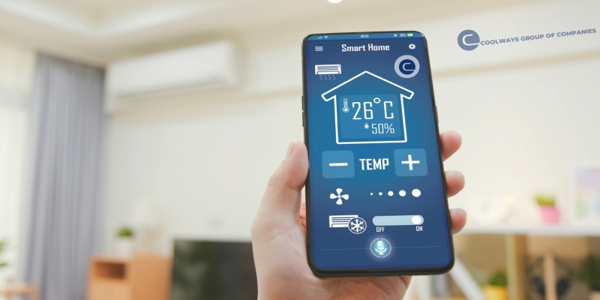
In 2024, HEMS are becoming more sophisticated, offering features such as energy forecasting and integration with solar power systems. For example, these systems can estimate your household's energy needs based on past usage patterns and suggest ways to reduce consumption. They can also prioritize the use of renewable energy from your solar panels, helping you rely less on grid electricity. With a smart home energy management system, you can make your home more energy-efficient and sustainable by monitoring usage and making informed decisions about your energy consumption.
Smart Transportation Solutions
Transportation is one of the largest contributors to carbon emissions, but smart technology is playing a significant role in reducing the environmental impact of travel. Electric vehicles (EVs) have already become more popular, and in 2024, the charging infrastructure for EVs continues to improve, making it easier than ever to switch from gasoline-powered cars. Smart charging stations can optimize charging times to coincide with periods of low demand, helping to reduce the overall carbon footprint of driving.
In addition to electric vehicles, smart bike-sharing services and electric scooters offer alternative, eco-friendly modes of transportation. These services use GPS and mobile apps to make it easy to find and rent bikes or scooters for short trips. By choosing these options instead of driving, you can significantly reduce your carbon emissions and contribute to a cleaner environment.
Conclusion
The role of smart technology in promoting sustainable living has never been more important. From energy-efficient appliances to waste-reducing tools, these gadgets are transforming the way we live and interact with the environment. The advancements in smart tech not only offer convenience and efficiency but also help reduce our reliance on non-renewable resources, making a significant contribution to the fight against climate change.
Incorporating these devices into your daily life is a simple yet effective way to reduce your environmental footprint. While each of these gadgets may seem like a small step on its own, together, they can have a substantial impact on both your energy bills and the planet. By choosing smart tech solutions, you are not only improving your lifestyle but also supporting the larger goal of creating a sustainable future for generations to come.

